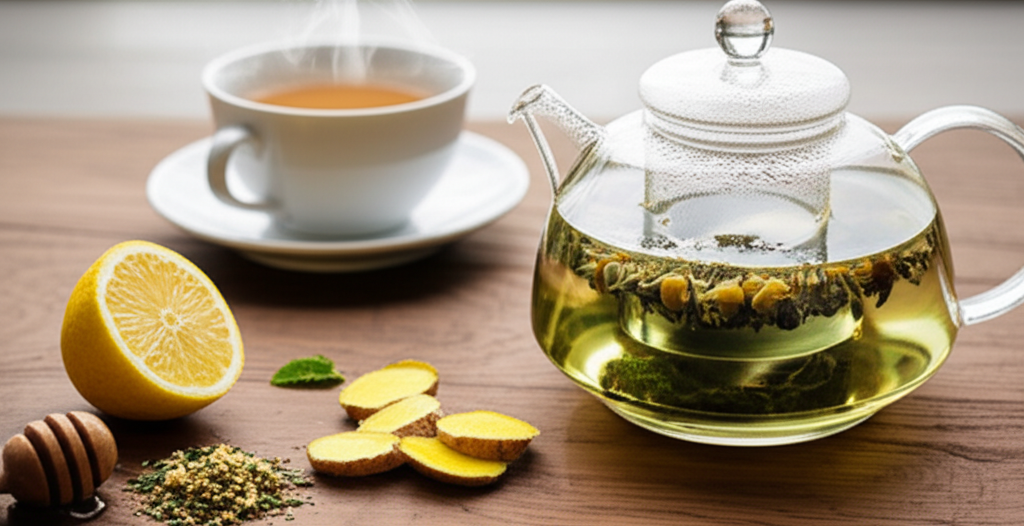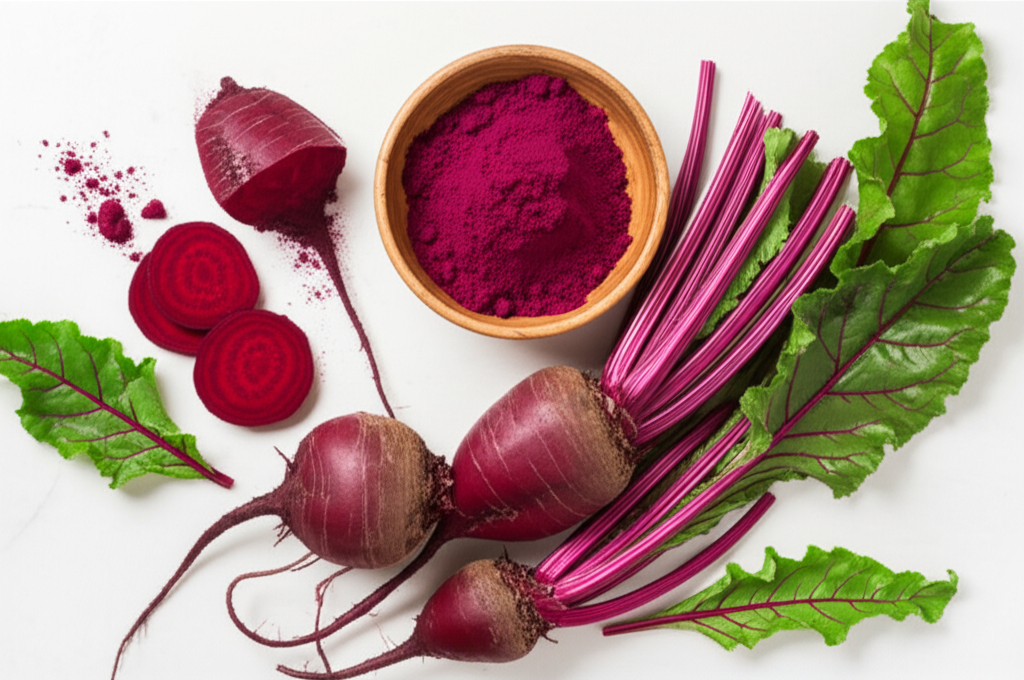April 15, 2025 • 8 min read
Medicinal Herbs 101: 7 Powerful healing plants you can use daily

The ancient wisdom making a modern comeback
In an age of over-the-counter everything, more people are turning to medicinal herbs — not as a trend, but as a return to what works. These plants have been used for thousands of years across cultures, and modern science is finally catching up to what traditional healers have known all along.
Let's explore 7 powerful medicinal herbs you can easily incorporate into your daily routine for better health.

Preparing medicinal herbs for daily use
1. Ashwagandha: The stress-fighting adaptogen
Ashwagandha is an adaptogenic herb that helps your body manage stress. It works by regulating cortisol levels and supporting adrenal function, which can help reduce anxiety, improve sleep quality, and boost energy levels.
2. Turmeric: Nature's anti-inflammatory powerhouse
Turmeric contains curcumin, a compound with powerful anti-inflammatory and antioxidant properties. It can help reduce inflammation, support joint health, and may even improve brain function.
3. Ginger: The digestive healer
Ginger has been used for thousands of years to treat digestive issues, nausea, and inflammation. It stimulates digestion, reduces bloating, and can help alleviate nausea from morning sickness or motion sickness.
4. Holy Basil (Tulsi): The sacred stress reliever
Holy basil, also known as tulsi, is revered in Ayurvedic medicine for its ability to balance energy and reduce stress. It helps lower cortisol levels, supports immune function, and can improve mental clarity.

Growing your own medicinal herbs at home can ensure freshness and quality
5. Chamomile: The gentle sleep supporter
Chamomile is well-known for its calming properties. It contains apigenin, an antioxidant that binds to certain receptors in the brain that may promote sleepiness and reduce insomnia.
6. Peppermint: The digestive soother
Peppermint relaxes the muscles of the digestive tract, which can help relieve symptoms of IBS, bloating, and indigestion. It also has antimicrobial properties that may help fight certain bacteria.
7. Echinacea: The immune booster
Echinacea has been shown to increase the number of white blood cells, which help fight infections. It's commonly used to prevent or shorten the duration of colds and other respiratory infections.
How to get started with medicinal herbs
Begin by incorporating one herb at a time into your routine. This allows you to observe how your body responds and prevents overwhelm. Quality matters, so look for organic, sustainably sourced herbs whenever possible.
Remember that herbs are powerful medicine, even though they're natural. Always consult with a healthcare provider before starting any new herbal regimen, especially if you're pregnant, nursing, or taking medications.

